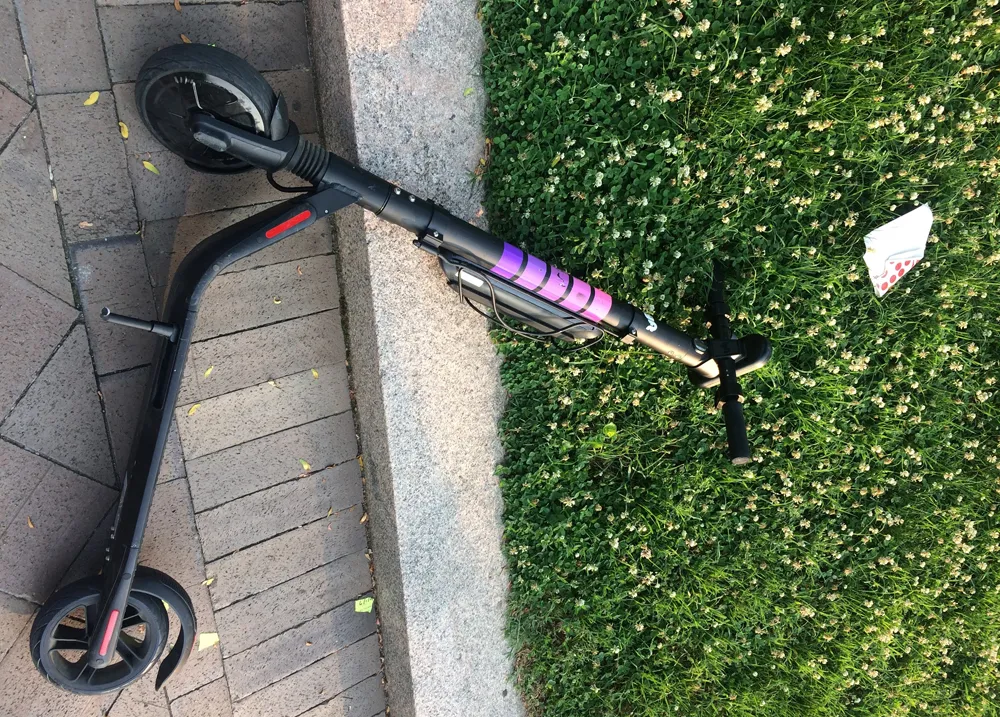The
The moves are part of LAMetro’s ‘Re-imagining of Los Angeles County: Mobility, Equity and the Environment’ plan, which seeks policies to make transport sustainable in the famously-congested US city.
LAMetro will now conduct a 12-24 month ‘congestion relief pricing’ feasibility study to evaluate potential models and locations for possible tests.
These will include a ‘cordon model which charges a fee for anyone travelling into a designated zone - as well as a vehicle miles travelled (VMT) model which will apply charges based on the number of vehicle miles travelled within congested areas. In addition, a corridor model will charge drivers based on VMT within a congested corridor.
Upon completion of the study, the LAMetro board will consider a pilot programme to test the concept.
At the same time, as part of an equity strategy, it will develop a plan to improve transit services and investigate potential toll and fare discounts for low-income users.
LAMetro says it will investigate the possibility of imposing charges on new mobility modes, like electric scooters, and ride-share companies such as Uber and Lyft, which contribute to congestion.
Sheila Kuehl, LA county supervisor and LAMetro board chair, says: “It’s easy for us to say ‘Fix traffic!’ but it’s going to take serious imagination and out-of-the-box thinking to actually do it.”
“We are ready to explore a whole panoply of ideas that can help reduce traffic, encourage shared trips and get more people on public transit,” Kuehl adds.
Los Angeles drivers may face congestion charge following study
After a century as the city of the automobile, Los Angeles is taking a major step on the road towards congestion charging.
The Los Angeles County Metropolitan Transportation Authority (LAMetro) is to explore road pricing and is also thinking about levying fees on ride-share companies for their part in creating gridlock.
The moves are part of LAMetro’s ‘Re-imagining of Los Angeles County: Mobility, Equity and the Environment’ plan, which seeks policies to make transport sustainable in the famously-cong
March 6, 2019
Read time: 2 mins
After a century as the city of the automobile, Los Angeles is taking a major step on the road towards congestion charging.
Related Content












